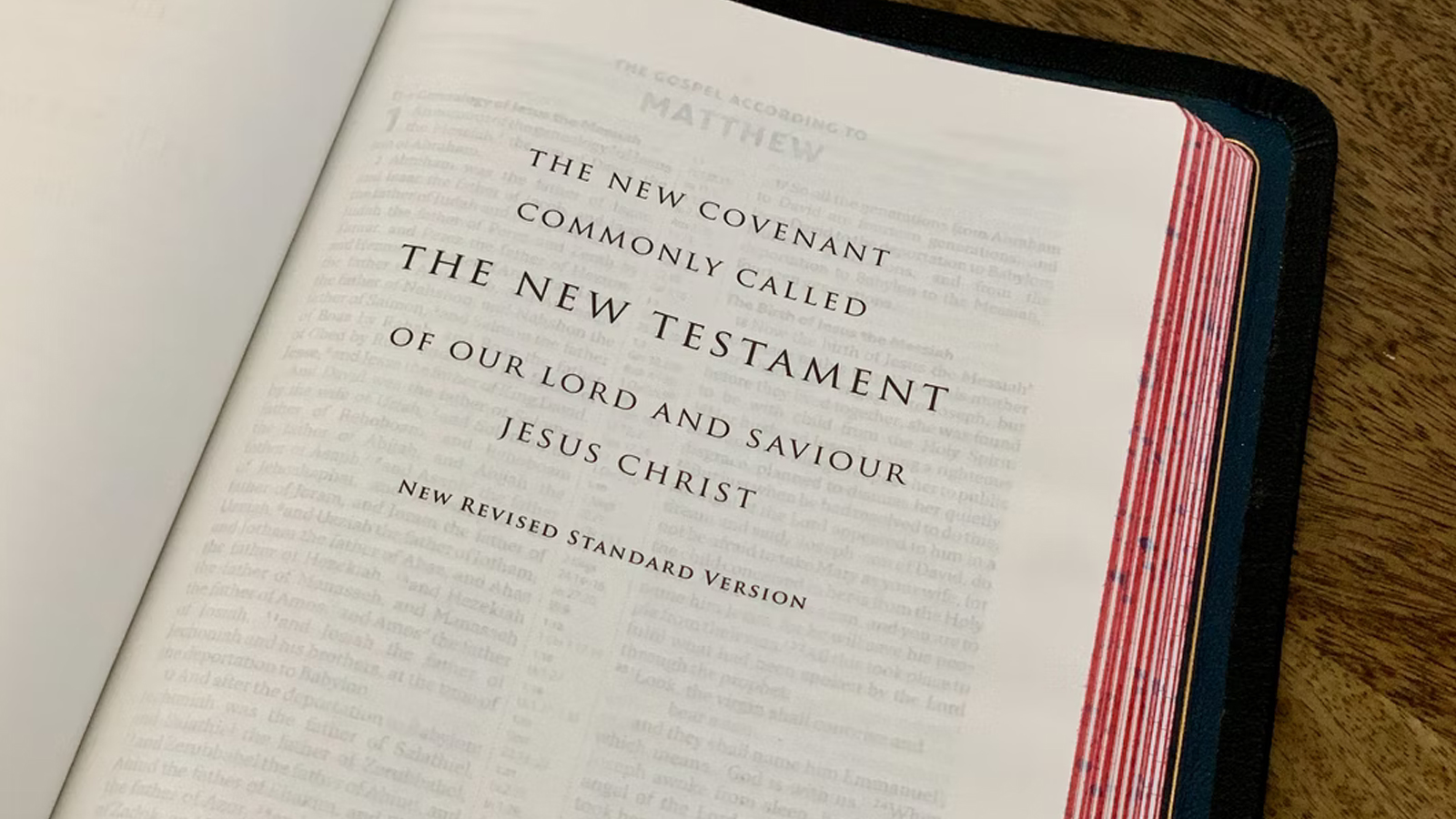Imagine yourself being questioned by a friend or family member in the following way:
“Jim even though Church Fathers like Ignatius and Polycarp repeat the claims of John, for Peter, and even Paul, skeptics still deny the reliability of the scriptures. They argue, for instance, Ignatius and Polycarp failed to “precisely” quote the gospels in their letters, concluding that the gospels really can’t be authenticated. How would you respond to that?”
Here’s a response I gave to Bobby Conway at the One Minute Apologist:
“Well, I think this is true: If you’re looking for a word for word quote from the gospels—you do have some of that occurring in the letters of Ignatius and Polycarp. But what you really have are larger themes. And I think that most people would say it’s true, you don’t have confirmation of every detail, for example, in the writings of Ignatius and Polycarp. they simply don’t repeat every detail offered by the Gospel authors. For example, did he feed 5,000 or 4,999? Is there some detail about how many fish and loaves there were? You don’t have that kind of confirmation in the writings of the earliest Church Fathers.
But the thing that I think really bothers most of our skeptical friends is not those kinds of details; it’s details related to the deity of Christ.
I think a lot of the skeptical world around us would accept Jesus as long as you don’t make him out to be God. They might agree He’s given us some good ideas. He’s given us some good principles for living.
But the minute we say he’s the only way to the Father, that’s when you start to encounter resistance. The minute you say he is God who rose from the dead, to a philosophically natural world, you’ve crossed a line.
And so that’s, I think, the thing we can test and the theme we can test by looking at the writings of Church Fathers like Ignatius and Polycarp. I think people are less interested in whether they can affirm every detail; but more interested in whether they confirm the basic nature of Jesus. This is the thing that’s the most offensive to the skeptic—the deity of Jesus— the very thing Ignatius’ and Polycarp’s writings affirm.
So, for example, in my book I actually just wrote out all the descriptions of Jesus that are offered by Ignatius and Polycarp. And as you read through that list, you swear you’re listening to a gospel writer. You’d swear you’re listening to one of the eyewitnesses because they describe Jesus in the exact same kind of language.
So, I think, for me, an eyewitness can’t always tell me every detail. I may need several eyewitnesses to give me every detail, to give me the most robust picture.
What’s great about the followers of Paul, like Linus and Clement, the followers of John, like Ignatius and Polycarp, is they give us the outline of John’s testimony, the outline of Paul’s testimony; and when we compare the outline to what we have today, it matches the description of the Gospel authors. And that’s what’s important.”
Ignatius and Polycarp give us the outline of John's testimony, and when we compare the outline to what we have today, it matches the description of the Gospel authors. Share on XFor more conversational response to the objections of atheists, please visit our “Quick Shot” section.
J. Warner Wallace is a Dateline featured cold-case homicide detective, popular national speaker and best-selling author. He continues to consult on cold-case investigations while serving as a Senior Fellow at the Colson Center for Christian Worldview. He is also an Adj. Professor of Christian Apologetics at Talbot School of Theology, Biola University, and a faculty member at Summit Ministries. He holds a BA in Design (from CSULB), an MA in Architecture (from UCLA), and an MA in Theological Studies (from Gateway Seminary).





































Robert Landbeck
June 19, 2022 at 2:53 am
The best reason for concluding that the gospels are unreliable is to bear in mind that the ‘collection’ of scripture called the Bible is just that, only a very small part of much greater body of scriptural material. The idea that this biblical group of material is ‘canonical’ is only because it fits a convenient institutional narrative that can be exploited as ‘religion’. A narrative theologically defined, not revealed. Then there is the question of new scritpural discoveries which reminds us that the scriptural record itself is incomplete. And one might ask what else might yet be discovered? While some may wonder if the gospels are reliable, I wonder if religion itself is reliable and if theology is even a valid human intellecutal endeavor?